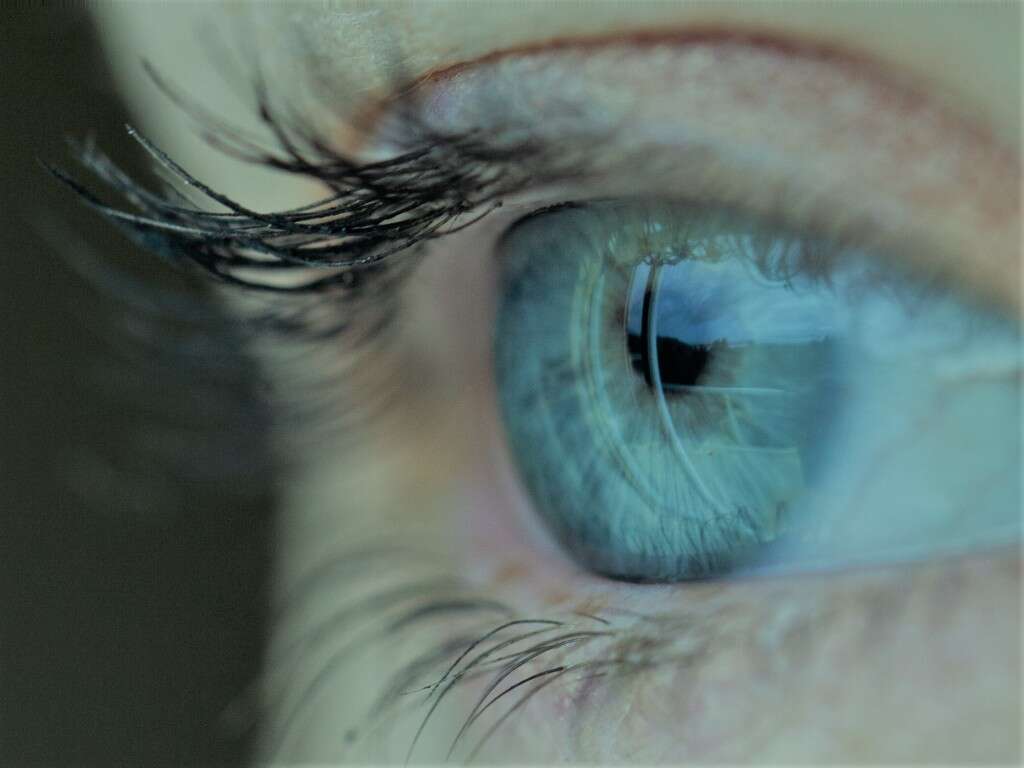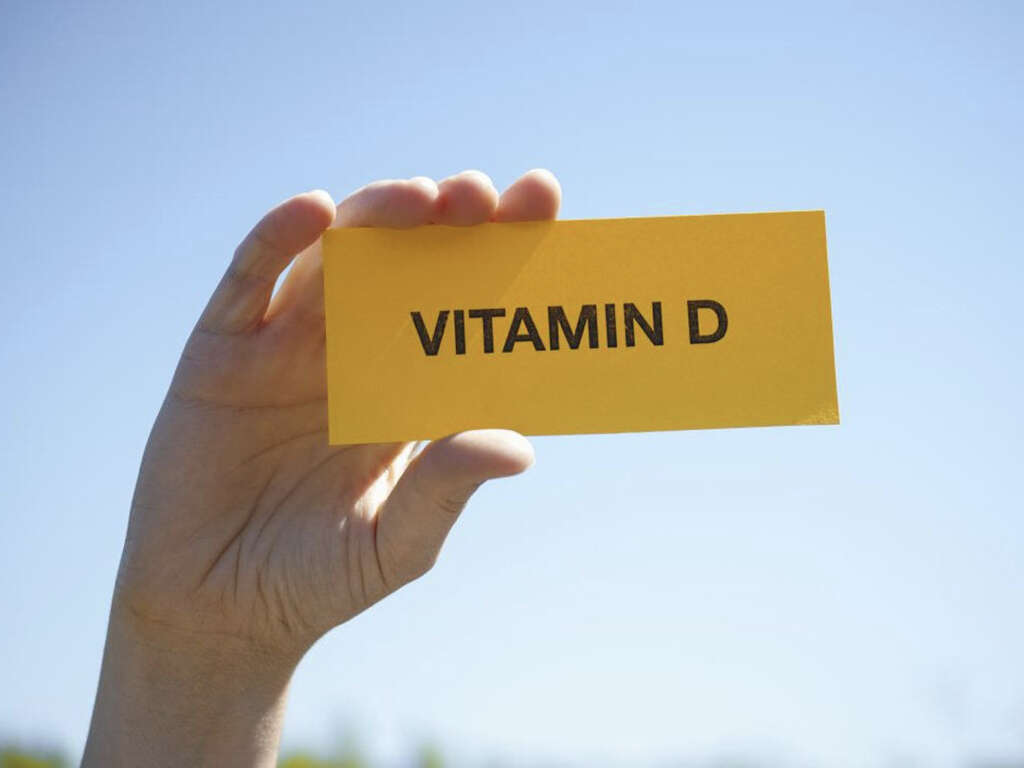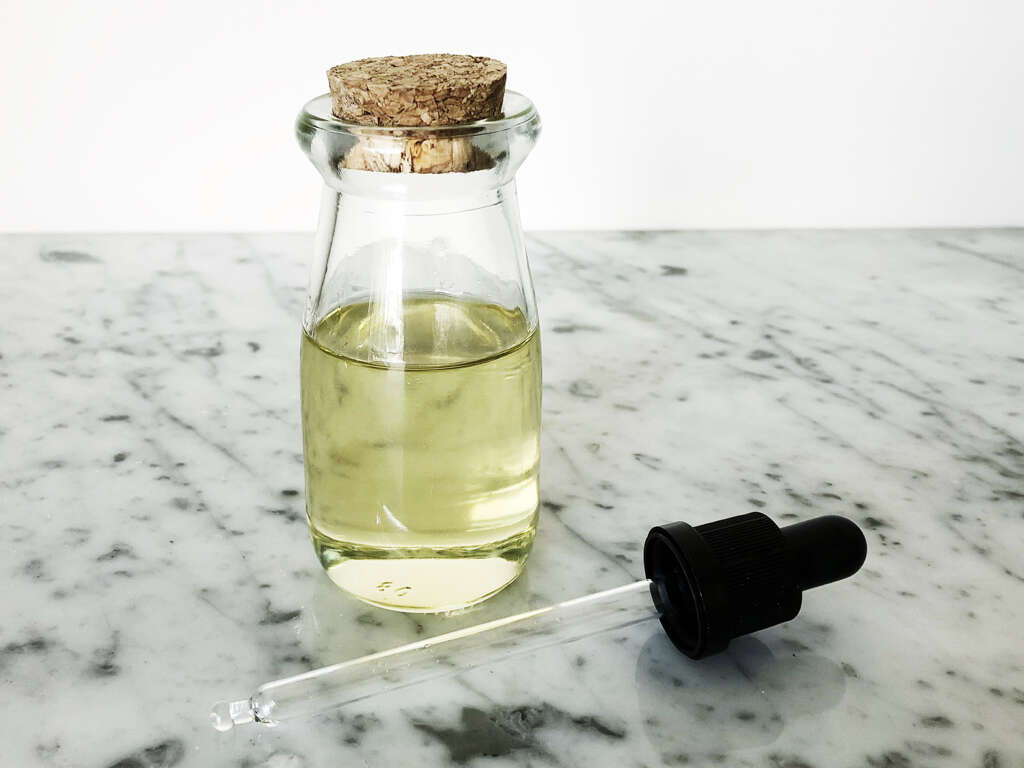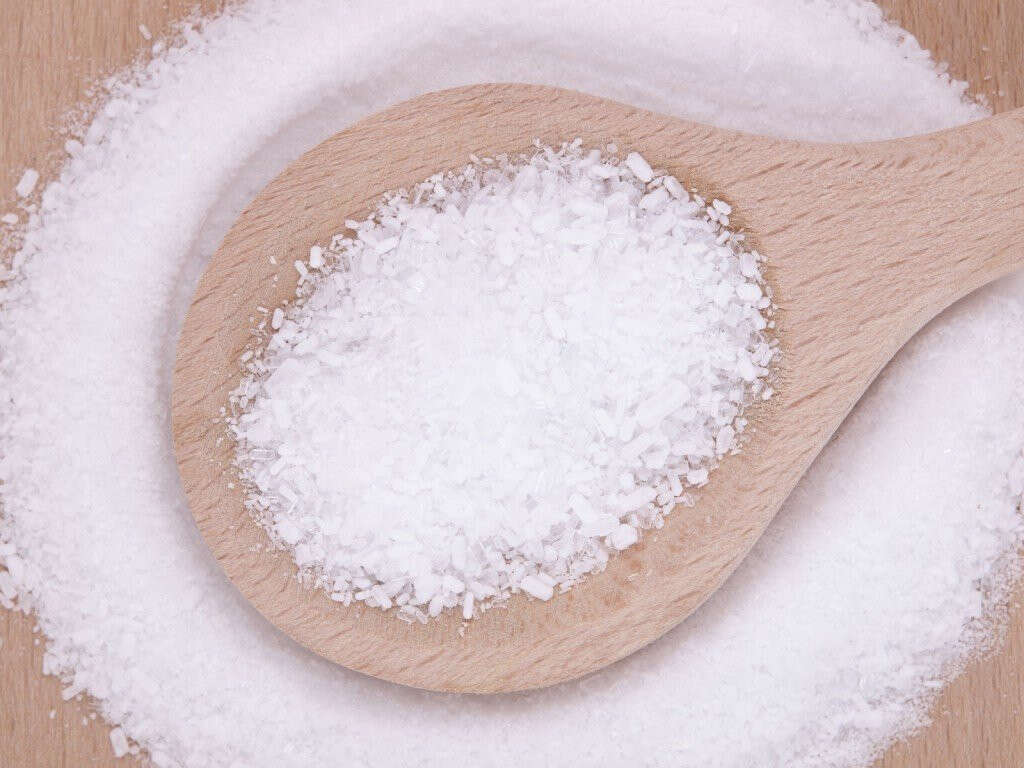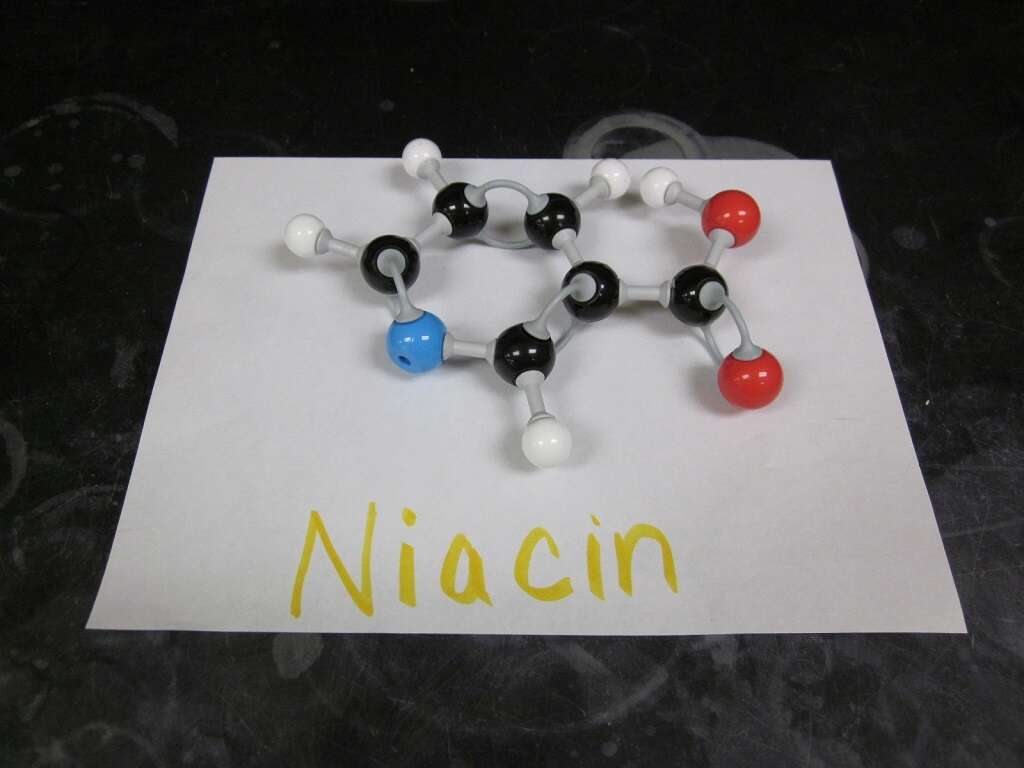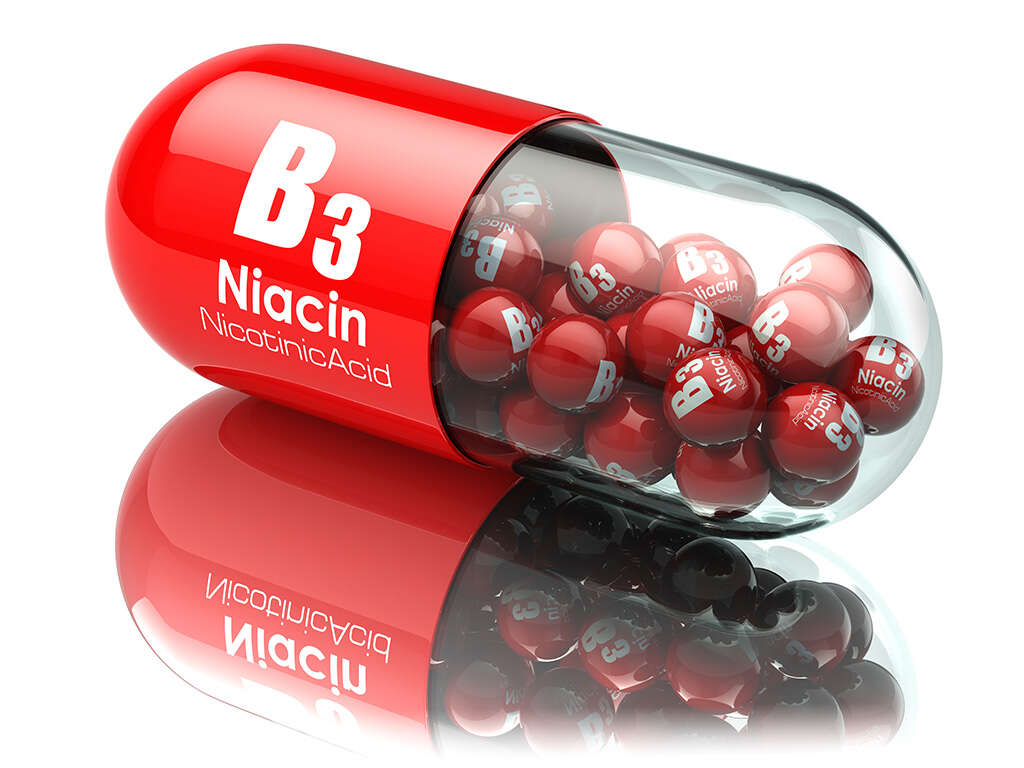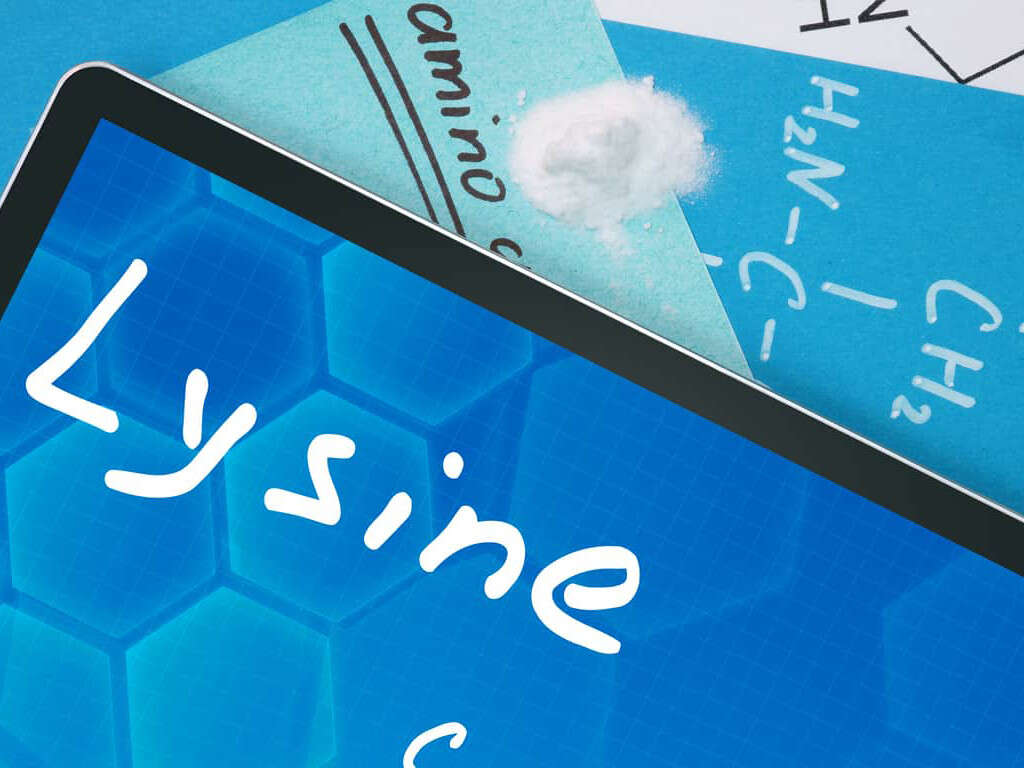10 Benefits of Niacin
Niacin, also known as vitamin B3 or nicotinic acid, is a water-soluble vitamin found in poultry, peanuts, mushrooms, liver, tuna, peas, and a variety of other foods. Although niacin does not have as much of the spotlight as vitamin B6 or vitamin B12, niacin is a crucial compound for regulating lipids in the bloodstream that may prevent many cardiac and mental health related disorders.
Niacin, however, is not generally considered to be a pertinent part of the human diet because the body naturally produces vitamin B3 through the essential amino acid tryptophan. The recommended daily allowance of niacin for adults is between 16 and 18 mg.
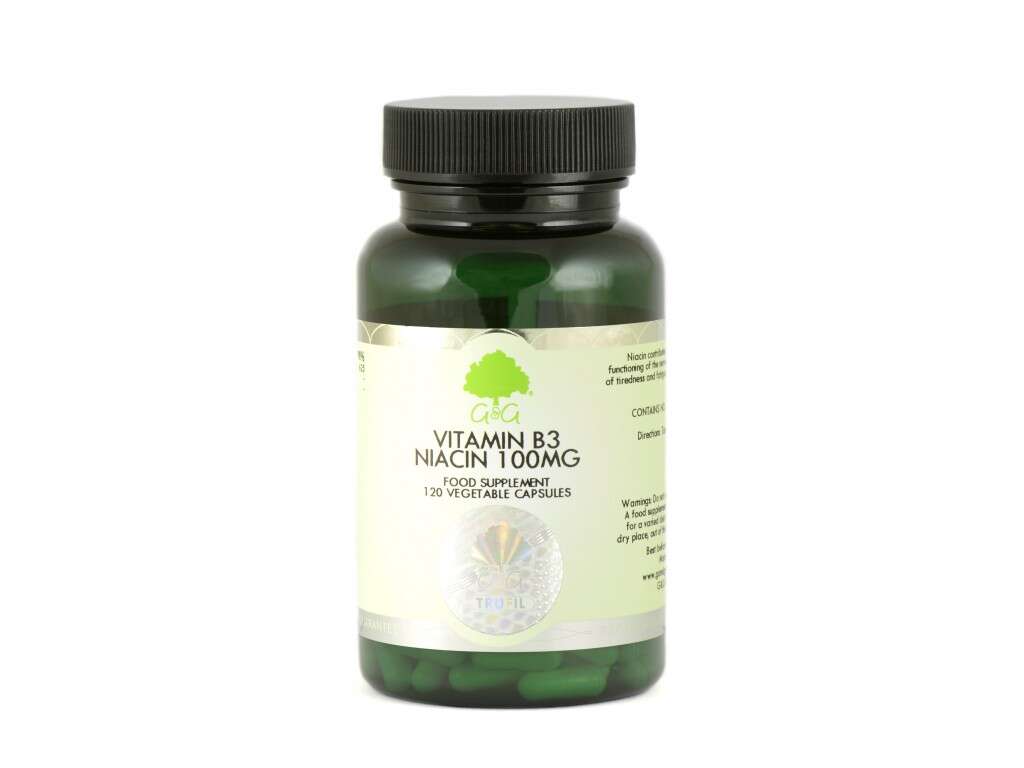
Niacin Benefit #1: Improve Cholesterol Levels
Heart disease affects almost half of Americans and may claim the lives of almost a quarter of the population, making heart disease the leading cause of death in the United States. Nicotinic acid, a component of niacin, reduces the production of triglycerides and very low-density lipoprotein (VLDL).
This ultimately leads to an increase in HDL (the “good” cholesterol) and a decrease in LDL (the “bad” cholesterol). Niacin was the first line of treatment for poor cholesterol in 1955 because it has the ability to raise HDL cholesterol more effectively than other lipid-reducing medications.
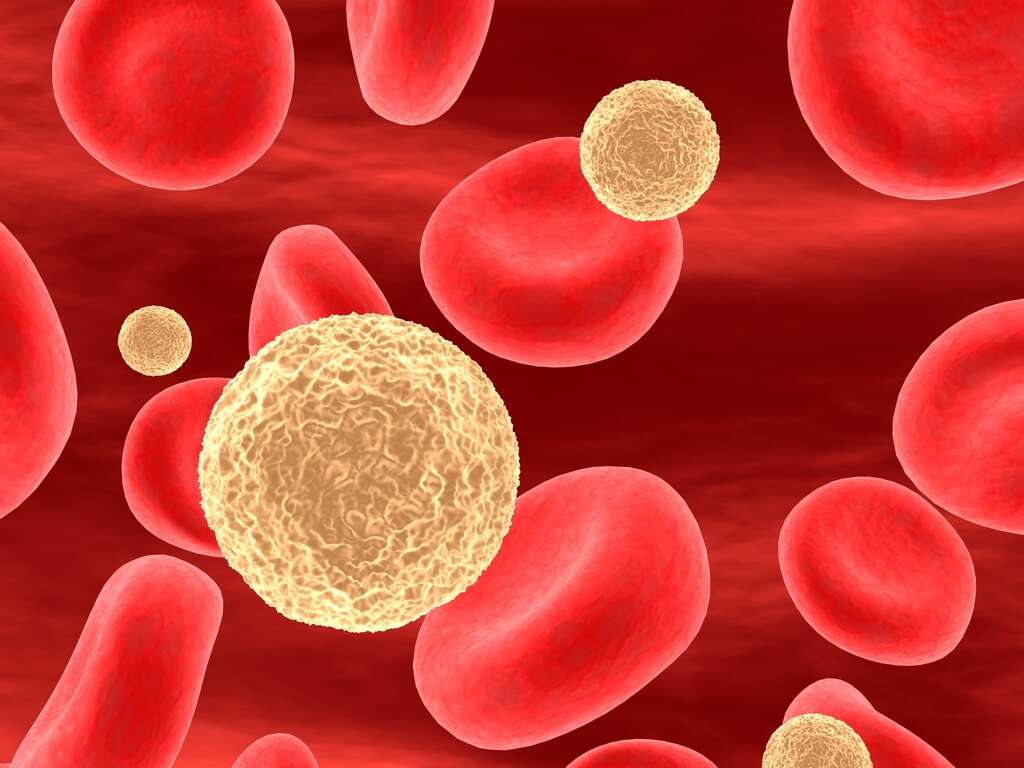
Niacin Benefit #2: Relieves Insomnia
Niacin can also be used to induce REM (rapid eye movement) sleep, thereby helping combat insomnia in some individuals. Vitamin B3 can work with the adrenal gland in secreting stress-reducing hormones, eventually reducing stress and anxiety, as well as increasing serotonin and melatonin.
Although this process helps the body relax, the mechanism behind why niacin helps with REM sleep is unclear. However, it is known that the essential amino acid L-tryptophan helps improve sleep and reduce stress due to its involvement with serotonin and melatonin production; L-tryptophan is then converted to niacin in the body.

Niacin Benefit #3: Treats Acne
Much of acne in adults can be attributed to high lipid profiles in the body. Studies have shown that high doses of niacin are therapeutic in the treatment of acne because of the relationship between vitamin B3 and cholesterol levels.
Niacin also triggers the release of a chemical called prostaglandin D2, which dilates capillaries and triggers vasodilation in the skin, causing a side effect known as skin flushing. While this may seem like a negative side effect, this is a sign of increased blood flow, leading to better nutrient, antioxidant, and oxygen circulation in the skin. Healthy skin means less acne!
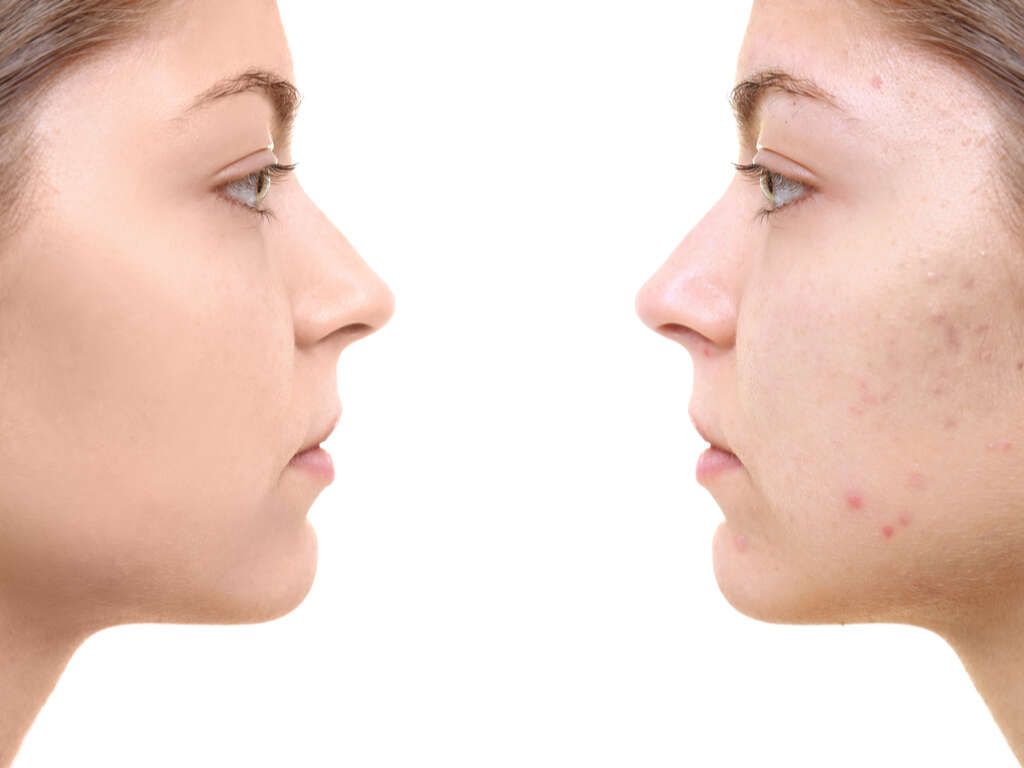
Niacin Benefit #4: Boosts Brain Function
Studies have shown that higher doses of niacin, between 400 and 500 mg, increase sensory registration, short-term and long-term memory. Niacin protects memory dysfunctions that are caused by the disruption of oxygen and the restriction of blood flow in the brain.
In some cases, long term supplementation of niacin can normalize memory functions in adults by upwards of 40%. The improvement of neuronal transmission, the process by which information is transferred between cells in the brain, by consuming niacin may also be effective in restoring other cognitive functions important to adequate health.
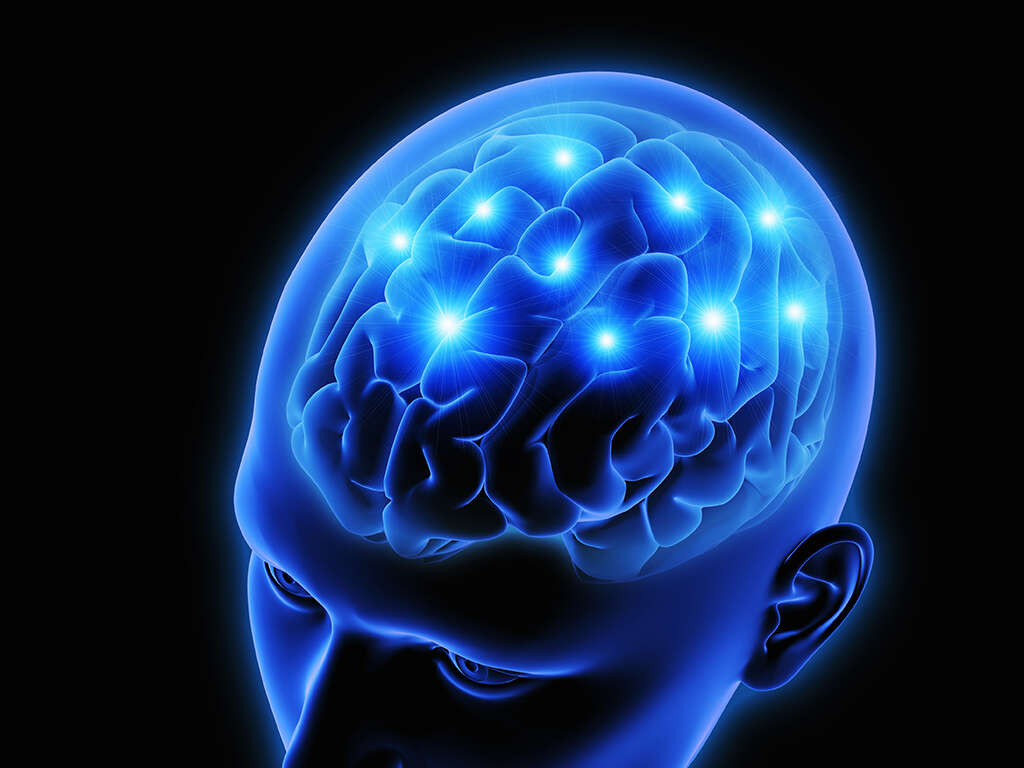
Niacin Benefit #5: Eases Arthritis Symptoms
In 1943, doctors reported that niacin was effective in reducing stiffness and pain in patients diagnosed with arthritis. High doses of niacin supplements administered daily can have the therapeutic effects of reducing inflammation in joints by inducing a chemical called nitric oxide.
Nitric oxide inhibits certain processes that perpetuate the complications associated with arthritis. In other words, high doses of niacin can be used conjunctively or in place of some non-steroidal anti-inflammatory (NSAID) medications under the supervision of a healthcare provider. The downside is that some individuals may be prone to vitamin B3 toxicity, so consulting your healthcare provider first is always recommended.

Niacin Benefit #6: Lowers Triglyceride Levels
Niacin has been known to reduce triglyceride levels in the bloodstream, in addition to LDL cholesterol. High triglyceride levels directly correlate to an increased risk for stroke in adults and elderly population.
Niacin works to remove triglycerides the same way it reduces LDL cholesterol, by aiding in the transport of these lipids to the liver for metabolization. While statins are better at reducing triglyceride and LDL cholesterol levels, the benefit of using niacin is its role in also increasing HDL. Although niacin is not necessarily the primary “go-to” vitamin for reducing triglycerides, it is commonly used in conjunction with other medications. Niacin is especially effective when taken with omega-3 fatty acids.

Niacin Benefit #7: Aids in Digestion
Niacin plays a significant role in digestion by increasing the production of hydrochloric acid in the stomach. Many digestive problems, like bloating and heartburn, are caused by a lack of stomach acid. When there is not enough hydrochloric acid (HCl) in the stomach, the gastric pH is too low for adequately digesting.
The proper release of HCl secretion is essential for optimal health. The consequence of not having an acidic stomach is an increased susceptibility of fungal and bacterial overgrowth, on top of the malabsorption of nutrients. Therefore, an adequate intake of niacin is integral for digestion to occur normally.

Niacin Benefit #8: Prevent Impotence
Impotence, also known as erectile dysfunction, is the inability for a male to sustain an erection. Some factors that contribute to this disorder include stress, illness, and poor blood circulation. Fortunately, niacin can help increase blood flow to the genital regions of men by acting as a vasodilator.
Niacin can improve erectile function in men with dyslipidemia, high blood cholesterol and/or triglycerides, who are not taking statins. This treatment was most effective for men with moderate to severe erectile dysfunction. The convenience factor with niacin is that unlike with traditional medications for erectile dysfunction, niacin can be had at any time of the day regardless of when sexual activity takes place.

Niacin Benefit #9: Treats Pellagra
Pellagra is a disease characterized by dementia, dermatitis, sores of the mouth, and gastrointestinal symptoms, such as diarrhea. Exposing the skin to sunlight while afflicted with pellagra can cause moderate to severe inflammation. This is usually the first signs of the disease.
Pellagra is caused by a niacin deficiency and may be more common than most would assume. Taking a low, daily dose of niacin, between 10 and 14mg, can be effective in preventing pellagra from developing. If left untreated, an individual can die from the disease within 4 to 5 years. This is yet another reason why niacin is such an important and beneficial vitamin to have in your daily diet.

Niacin Benefit #10: Prevention & Treatment of Cataracts
There have been several studies providing strong evidence of the efficacy of niacin in the prevention and regression of cataracts. Cataracts is a disease caused by the accumulation of fluid in the macular region of the eyes, as well as a formation of cystic spaces. This causes the lens to become clouded, leading to loss of vision or blindness. Although commonly found in the elderly, there are rare cases where adults and even children may develop cataracts.
Niacin has been proven to help prevent and even treat cataracts because of its lipid fighting properties. People with diets rich in niacin can actually reduce their risk of developing cataracts by about half when compared to people with a low niacin intake.
